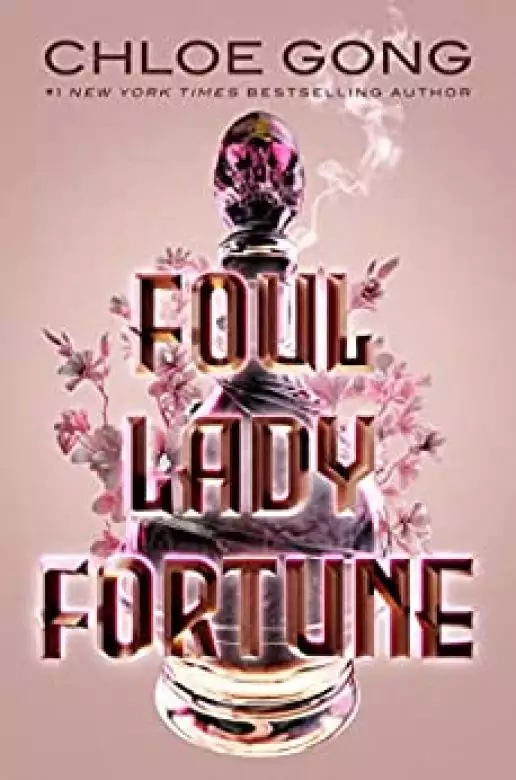
Foul Lady Fortune
- eBook
- Paperback
- Audiobook
- Hardcover
Synopsis
Foul Lady Fortune, the first in a duology, is a speculative historical noir surrounding the events of Imperial Japan's expansion into China in the 1930s.
It's 1931 in Shanghai, and the stage is set for a new decade of intrigue.
Four years ago, Rosalind Lang was brought back from the brink of death, but the strange experiment that saved her also stopped her from sleeping and aging-and allows her to heal from any wound. In short, Rosalind cannot die. Now, desperate for redemption from her traitorous past, she uses her abilities as an assassin for her country.
Code name: Fortune.
But when the Japanese Imperial Army begins its invasion march, Rosalind's mission pivots. A series of murders is causing unrest in Shanghai, and the Japanese are under suspicion. Rosalind's new orders are to infiltrate foreign society and identify the culprits behind the terror plot before more of her people are killed.
To reduce suspicion, however, she must pose as the wife of another Nationalist spy, Orion Hong, and though Rosalind finds Orion's cavalier attitude and playboy demeanor infuriating, she is willing to work with him for the greater good. But Orion has an agenda of his own, and Rosalind has secrets that she wants to keep buried. As they both attempt to unravel the conspiracy, the two spies soon find that there are deeper and more horrifying layers to this mystery than they ever imagined.
(P)2022 Simon & Schuster Audio
Release date: September 27, 2022
Publisher: Margaret K. McElderry Books
Print pages: 528
* BingeBooks earns revenue from qualifying purchases as an Amazon Associate as well as from other retail partners.